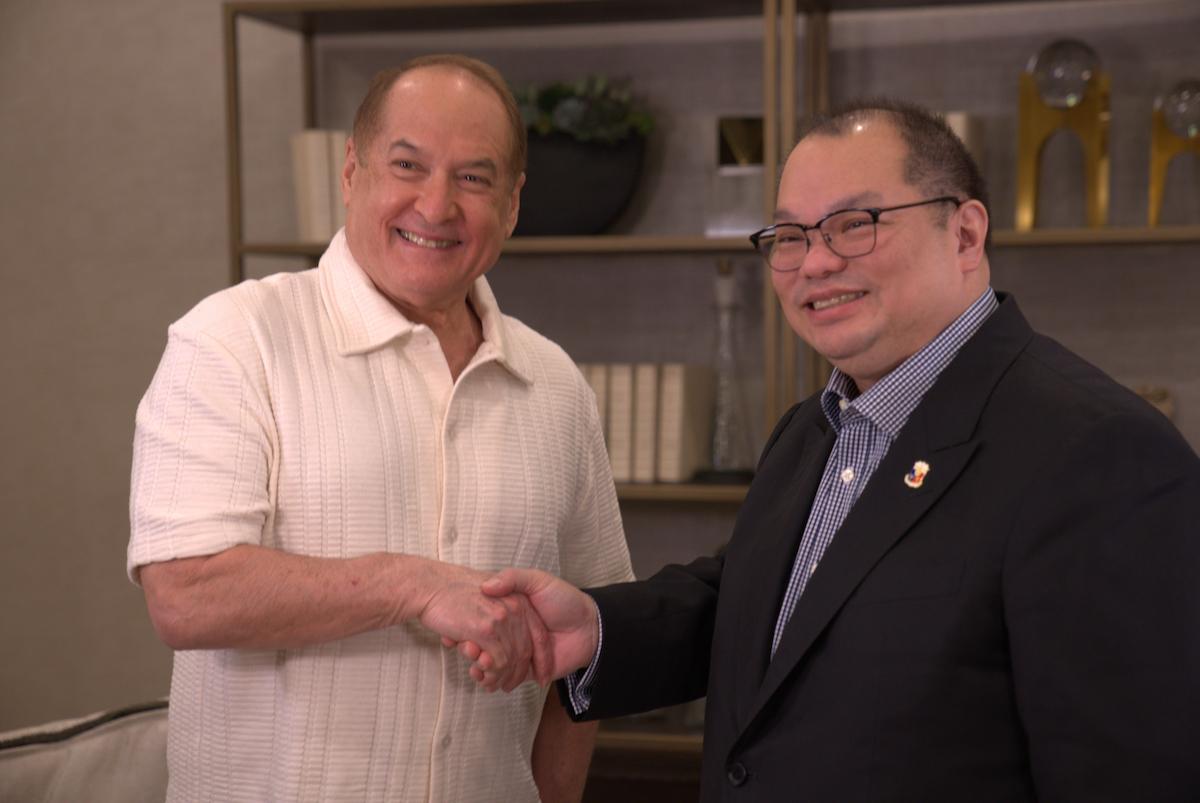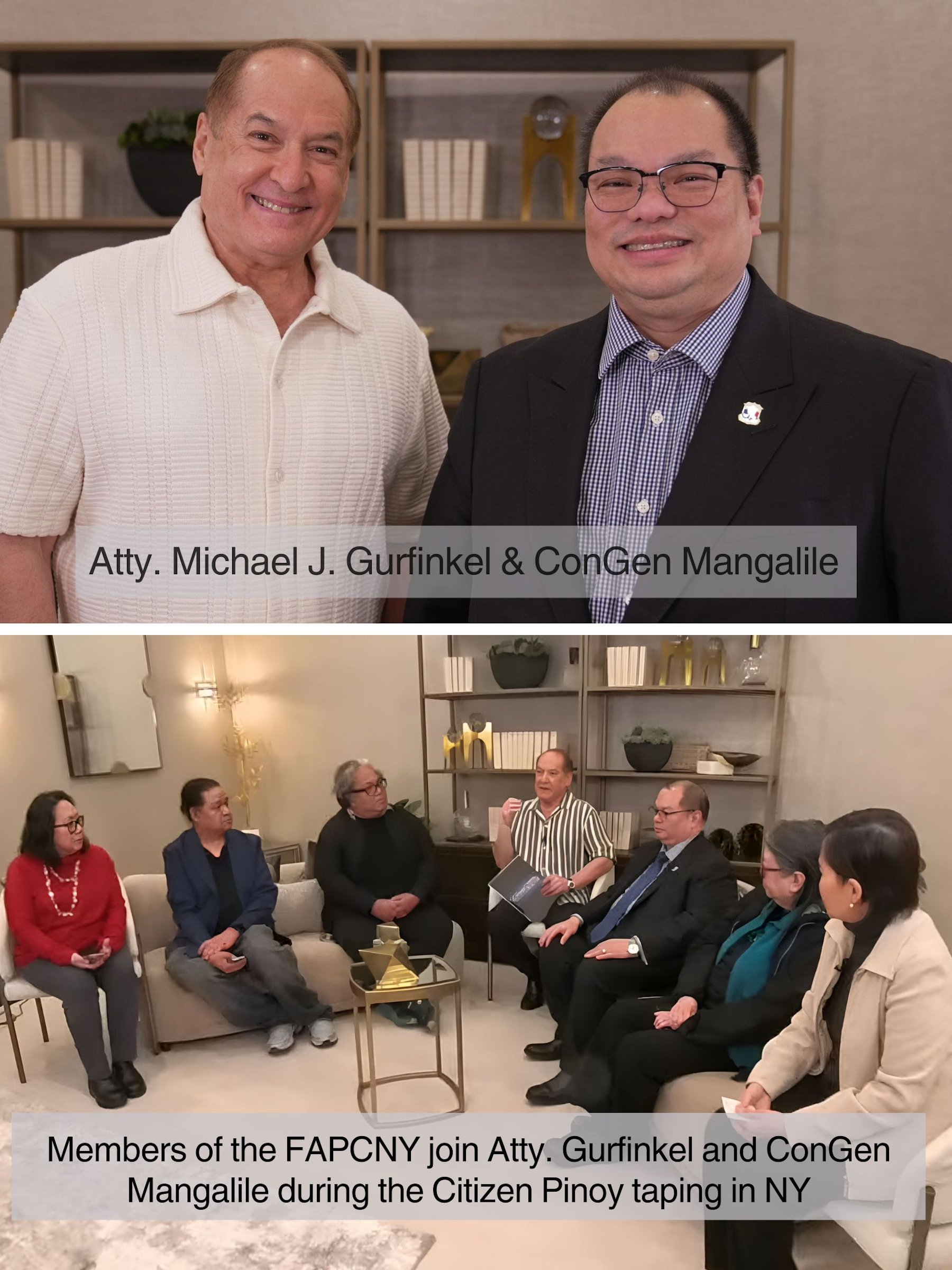An alien of good moral character who married and resided with a US Citizen (USC) or lawful permanent resident (LPR) spouse but who was battered or subjected to extreme cruelty by the USC or LPR spouse during the marriage may file a battered spouse petition under the Violence Against Women Act (VAWA) provisions of the Immigration and Nationality Act. This petition may be filed by the abused spouse without the knowledge of the abusive spouse. It provides remarkable benefits not found in other immigrant petitions. Let’s examine some of the unique ways VAWA protects abused spouses.
First, a VAWA petition requires a marriage that was entered in good faith. A fraudulent marriage cannot be the basis of any immigration benefit. However, if a marriage meets all the requirements of a valid marriage including an actual marriage ceremony and a bona fide intention to live together but such marriage is not legitimate solely because the USC or LPR spouse entered into a bigamous marriage, i.e. he had an existing marriage when he married the alien spouse, such defective marriage nevertheless meets the requirements of a VAWA petition.
Second, a VAWA petition may be filed even if the qualifying marriage no longer exists. If the marriage was legally terminated and the abuses of the USC or LPR spouse caused the divorce, the abused spouse may file the VAWA petition within 2 years of the divorce. If the USC or LPR spouse died, the abused spouse may still file a VAWA petition within 2 years of the USC or LPR spouse’s death.
Third, a VAWA petition may be filed even if the USC or LPR spouse lost his status prior to the filing of the petition. Such VAWA petition must be filed within 2 years of the abusive spouse’s loss of USC or LPR status. It must be shown that the abusive spouse lost his status for a reason related or due to an incident of domestic violence.
Fourth, an alien with an approved VAWA petition may adjust to LPR status. Normally, an alien may apply for adjustment if she was admitted or paroled into the US. An alien who entered without inspection may not adjust status. However, a VAWA beneficiary who entered without inspection may nevertheless apply for adjustment because VAWA waives the abused alien’s inadmissibility under INA 212(a)(6)(A)(i) for being present without inspection.
Fifth, a VAWA applicant who is inadmissible under INA 212(a)(9)(C)(i) may obtain a waiver of inadmissibility even though there is no waiver available for all other aliens. Under INA 212(a)(9)(C)(i), an alien who (1) has been unlawfully present in the US for an aggregate period of more than 1 year, or (2) has been ordered removed under any provision of law, and who enters or attempts to reenter the US without being admitted is inadmissible. An alien inadmissible under INA 212(a)(9)(C)(i) may apply for permission for reapply for admission only after 10 years from his last departure from the US. He must spend 10 years outside the US without exception.
USCIS may waive a VAWA applicant’s inadmissibility under INA 212(a)(9)(C)(i) if there is a connection between the VAWA applicant’s (1) battering or subjection to extreme cruelty; and (2) her removal, departure and reentry into the US. INA 212(a)(9)(C)(i) is a tough provision that punishes repeated illegal border crossings but it mitigates the effects of this provision on certain qualified VAWA applicants.
Sixth, generally, immigration benefits may be revoked usually if there was fraud when the benefit was granted and USCIS was unaware of the fraud at that time. An approved VAWA petition may also be revoked. A VAWA application is often filed without the knowledge of the abusive spouse. Otherwise, no victim might have the courage to file an application. It’s possible though that despite the abused spouse’s efforts to conceal the VAWA filing, the abusive spouse would still find out. What then if the abusive spouse, either out of malice or self-preservation, contacts USCIS to refute the claims of abuse? Worse, what if the abusive spouse informs USCIS that the VAWA application was fraudulent? Could USCIS revoke an approved VAWA petition on this basis? Probably but under very strict conditions.
Any adverse information USCIS receives from the abusive spouse or the abusive spouse’s relatives must be independently verified by an unrelated source before USCIS may take adverse action based on that information. Moreover, only the Vermont Service Center may revoke an approved VAWA petition because it alone has the authority and the expertise to handle VAWA petitions. USCIS district offices may only recommend revocation based on evidence that was not available during the VAWA approval.
These are just some of the unique benefits of a VAWA petition but you should get a sense of the law’s compassion towards victims of abuse and the incentives for victims to seek relief.






